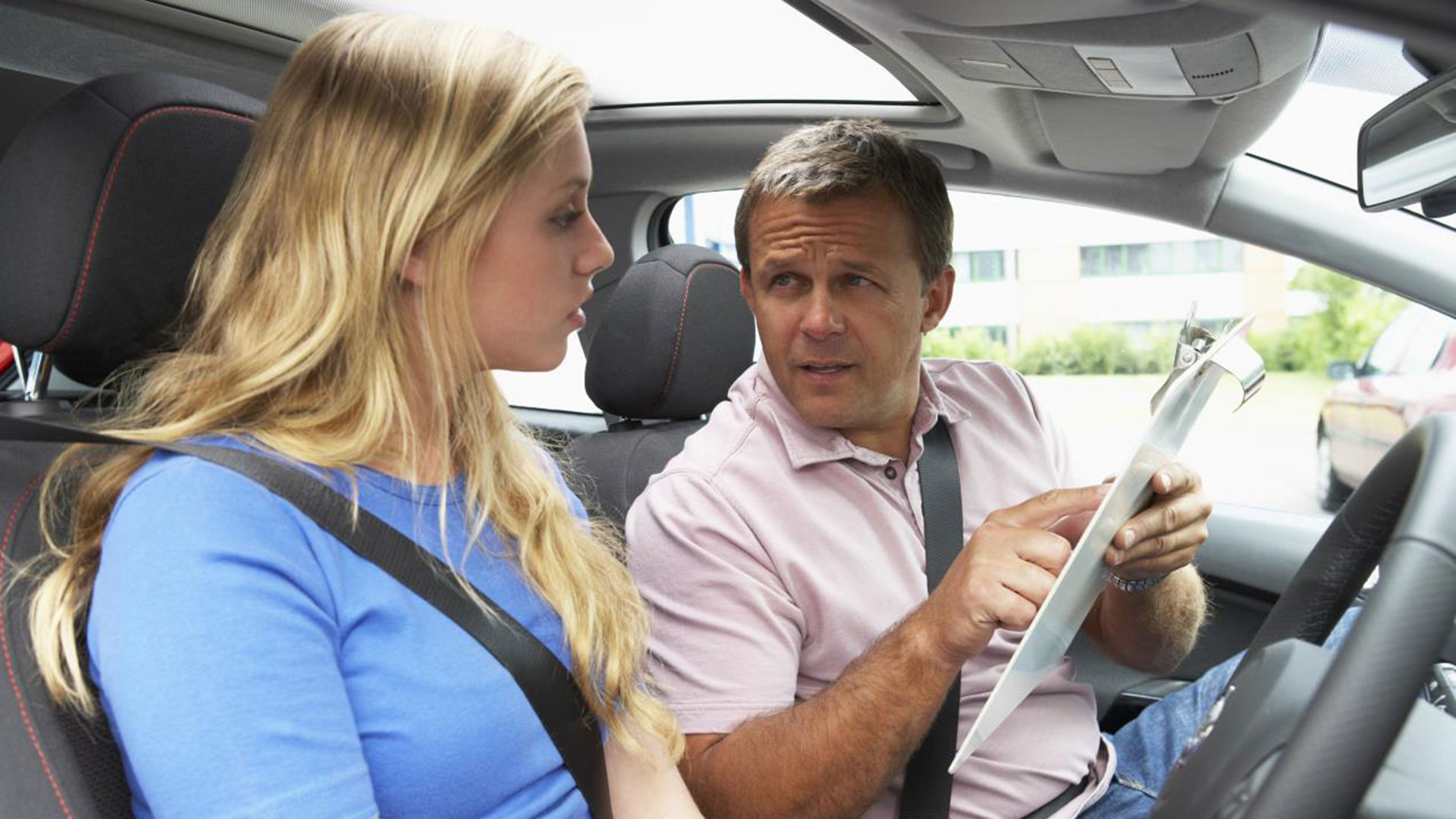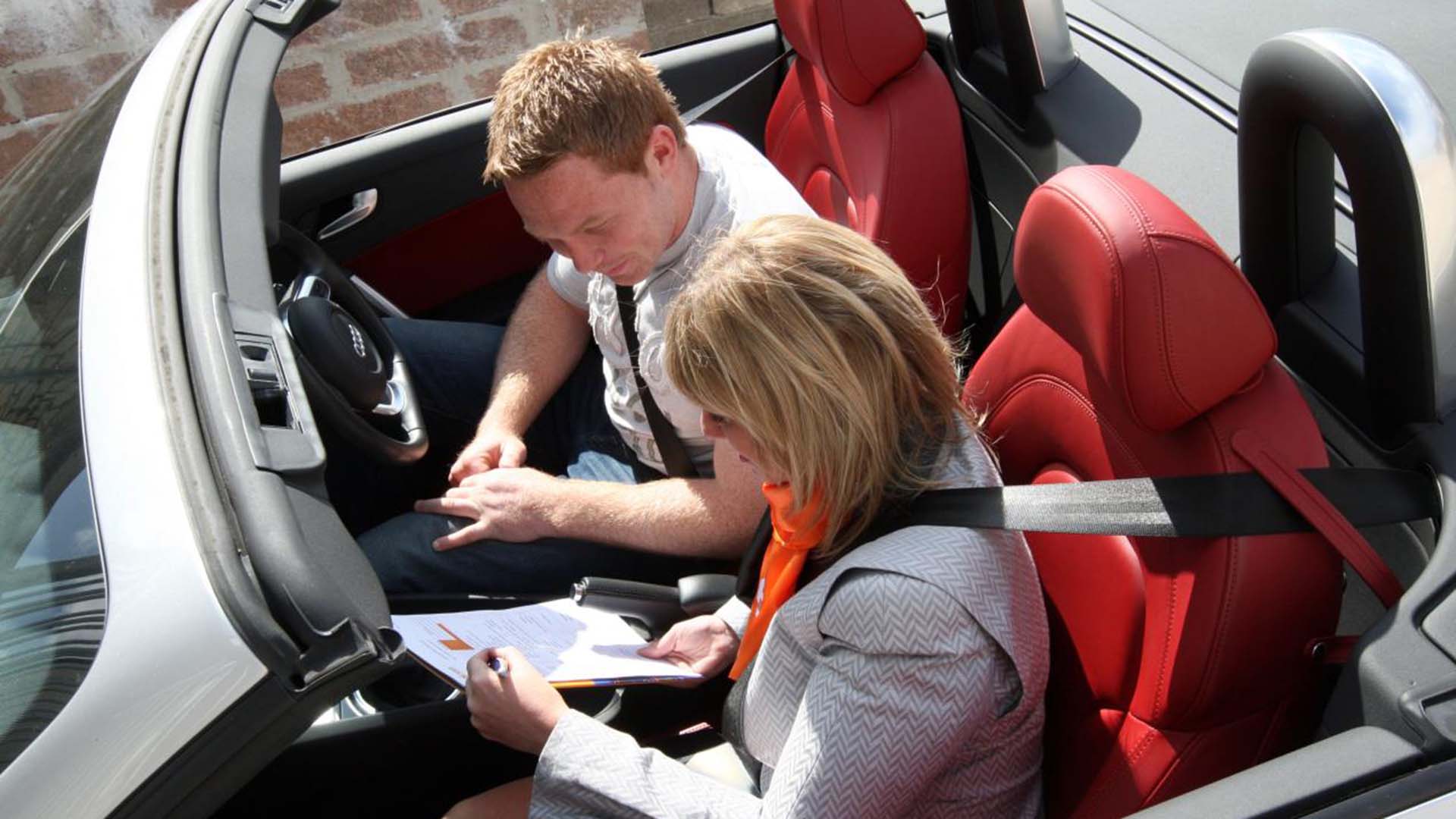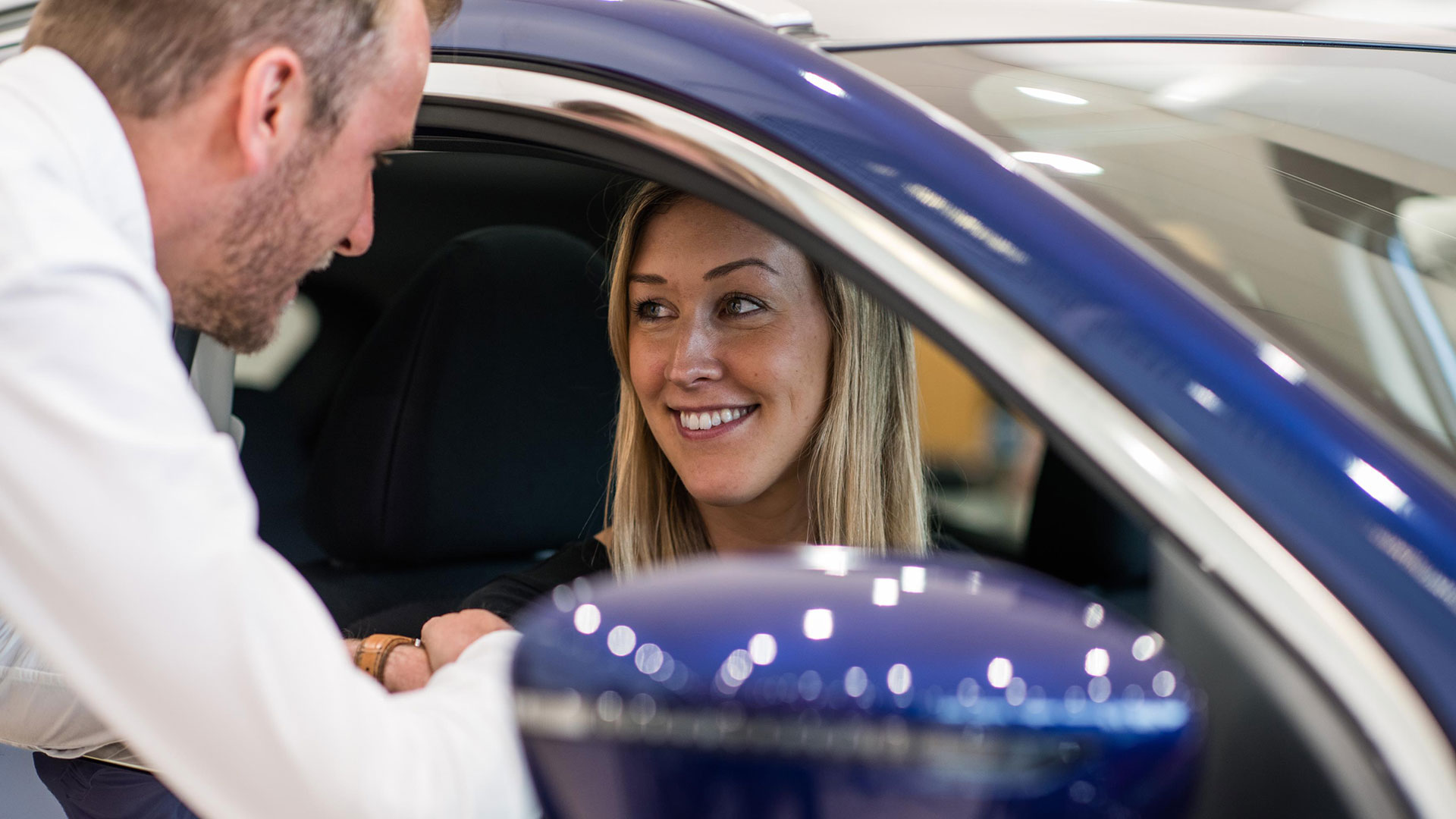
Stand-in driving instructors are urged to check the rules before helping a learner driver. The advice comes amid the easing of lockdown measures, with new drivers now free to take lessons again.
An estimated 370,000 new drivers were forced to put their plans on hold during the coronavirus lockdown. This, combined with a four-month backlog , could make finding a driving instructor for lessons extremely difficult.
According to the Department for Transport, there are around 39,500 qualified driving instructors in the UK.
This creates a problem for learner drivers, who face a shortage of instructors and a potential reluctance to step outside their ‘bubble’. The result: friends and family members stepping in to give driving lessons.
Rules for stand-in driving instructors

There are strict rules concerning driving lessons and learning to drive. For a stand-in instructor, these can be summarised as follows:
- The instructor must be over the age of 21.
- They must be qualified to drive the type of vehicle being driven by the learner driver.
- They must have held a full driving licence for three years. This licence must be from the UK, the EU, Switzerland, Norway, Iceland or Liechtenstein.
- They must have valid insurance. This could be as a named driver/instructor on the learner driver policy, or separate insurance can be arranged.
- The person giving the lessons cannot be paid for the tuition.
- Although it’s legal to carry passengers, it’s best to avoid distractions.
The learner driver could be fined up to £1,000 and receive up to six penalty points on their provisional licence if they drive without the right supervision.
Rules for learner drivers

Anyone taking lessons must adhere to the following rules:
- They must hold a provisional driving licence for Great Britain or Northern Ireland. Although they can apply for a licence when they are 15 years and nine months old, they can only start driving a car when they turn 17.
- The car must display ‘L’ plates on the front and rear. ‘D’ plates are valid in Wales.
- Motorway driving is restricted to England, Scotland and Wales, but only with an approved driving instructor in a car fitted with dual controls.
- In Northern Ireland, there is a blanket 45mph speed limit for learner drivers.
‘Open to huge claims costs’

Anyone thinking of applying for a provisional licence or arranging driving lessons should visit the dedicated section on the government website.
Lee Griffin, CEO of GoCompare, said, “We think there could be as many as 370,000 potential new drivers keen to start learning, many of whom could find it difficult to book lessons as instructors deal with the backlog. In many cases, family and friends may well offer to step up to get them started.
“However, as well as having good driving skills and patience they also need to be aware of the rules for supervising new drivers and the insurance implications for both them and the learner. Failure to adhere to both could lead to fines for traffic violations or unknowingly invalidating their insurance, leaving them open to huge claims costs if they have an accident and even a criminal record for insurance fraud.
“The good news is that some insurers offer reasonable premiums to insure new drivers in their own cars whilst learning and being supervised. Savings of several hundred pounds are not uncommon and will be welcomed by new drivers as the costs of getting on the road can quickly mount up.”
ALSO READ:
What to do if you fill your car with the wrong fuel
How to save money on car insurance
How to write the best advert to sell a used car
[…] Helping someone learn to drive: the rules you must know […]